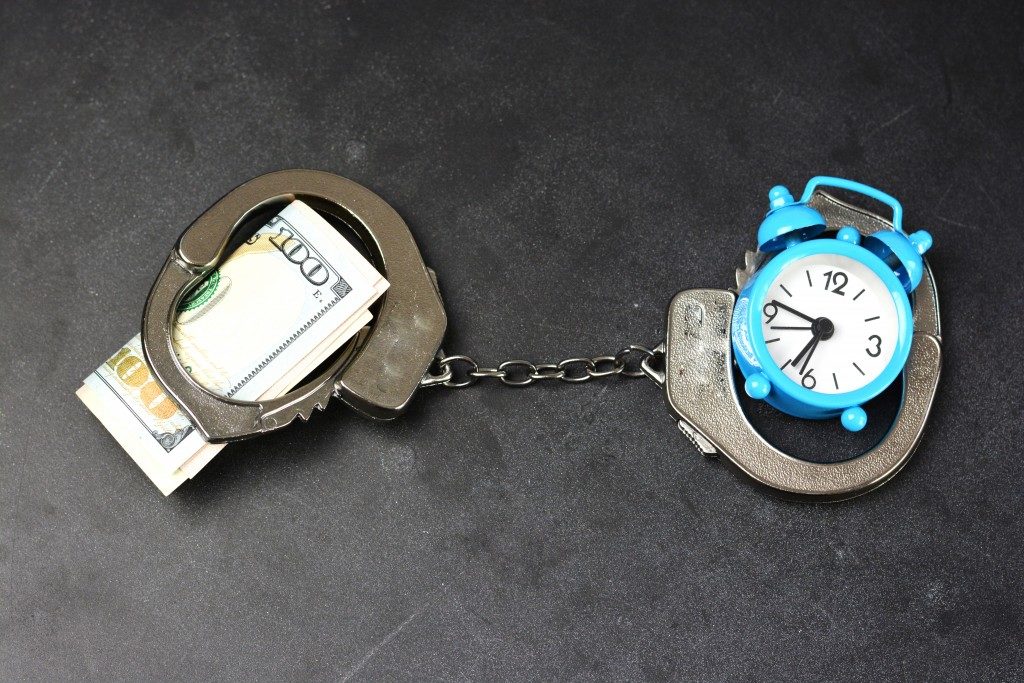Several things can land you in jail. It might be a one-night thing, or it can turn into a few months or even years, depending on the severity of what you might have done.
Offenses are categorized into two groups: bailable and non-bailable.
How are Bails Determined?
Bail can help you get out and have temporary freedom, while the case against you is in the process.
There are specified bail amounts on various offenses in Salt Lake County. For a common misdemeanor, the bail might be around $500 or so. But it can be changed by the judge and can be raised or decreased depending on the circumstances of the case. However, the judge can look at certain factors such as your past criminal record and whether you are employed or not.
After your arrest, you’ll face a judge for an arraignment or a bail hearing to determine how much you need to pay for temporary freedom. But you can also post bail with the police even before a bail hearing with a judge. A bail bondsman Salt Lake County can help you post your bail.
While there’s already a list of bailable offenses, the judge can also deny bail altogether if deemed necessary. Usually, it happens when the defendant has a warrant on another jurisdiction.
What Are Bailable Offences?

There’s a long list of bailable offenses, but here are some of the most common ones that land people in jail:
- Rioting (with or without a deadly weapon)
- Bribery
- Abetment
- Providing false information to a public servant
- Knowingly furnishing incorrect information to a civil servant
- Deliberately stating to a civil servant that an oath is valid when it is otherwise
- Threatening someone with an injury
- False charges of an offense
- Taking gifts to mask an offender from punishment
- Harboring an offender
- Counterfeiting
- Negligent driving (with or without leading to death)
- Public nuisance
- Damaging or defiling a sacred place or place of worship
- Negligent acts leading to death
- Abandoning children under 12
- Voluntarily hurting someone
- Wrongfully restraining anyone
- Wrongfully confining anyone
- Assault
- Kidnapping
- Extortion
- Mischief
- Criminal trespass
- House trespass
- Falsifications of accounts
- Adultery
- Defamation
Then again, the severity of the case, as well as its circumstances, can determine the bail.
What are Non-Bailable Offences?
Serious offenses are non-bailable. But if you are arrested for a non-bailable crime, it is possible to apply for bail addressed to a magistrate of the court. Still, it does not guarantee that you will be given a chance to bail.
The judge will have to consider whether letting you out on bail can interfere with the case or whether you’ll go into hiding or escape and leave the country. If the magistrate or court denies your appeal, you can appeal to a higher court who will review your case once again.
Nobody wants to spend some time in jail, even for just one night. While the best way to avoid that is to follow the rules and don’t break any law, you can also find and get the help of a bail bond agent.

